Session Three: Rights: Yours, Theirs and Ours
Novelists, Inc. Conference St. Pete Beach Oct. 2014
What will bring back the career authors who have more sales and control with indie publishing? “The job of the publisher is to provide the author with a platform. Print books are essential to this,” said one speaker. “It’s our job to help you amplify your voice to readers. Readers want to connect with the author. Finding a social media audience should be up to the publisher.” But another panelist said authors are often expected to show up with a platform.
Publishers are reluctant to buy books previously indie published. There’s a price differential from a $2.99 indie e-book to a $7.99 e-book with a traditional publisher, and readers balk at the difference. The customer is also different going from digital to bookstore. You’re selling to a completely different audience.
More transparency and true negotiations are needed to attract writers back to traditional publishing. What we need are term limits for authors to get their rights back. The out-of-print clauses for publishers are operated from a sense of fear that something they let go will take off and become a bestseller. Publishers need to brag about their good contract terms instead of being afraid of the competition. They need to show more transparency regarding the terms they offer.
It’s useless to get specific marketing promises from a publisher. Technology changes as you go along, and some of the activities promised may be based on sales figures. That type of legal detail is a waste of time and energy. But you should have these conversations outside of the contractual agreement.
Publishers are interested in what kind of future you, as the author, can project. They’re not interested in your backlist as much as your frontlist when they seek to acquire you.
The non-competition clause was discussed. Is it really necessary? Authors say it’s a career destroyer. They don’t believe they’ll cannibalize their own work as publishers fear. Publishers are worried about saturating the market. Print books need time to get into bookstores. They worry about quality control with self-published works that authors might offer in between traditionally published novels. Authors would love to be hybrids but not to the detriment of making a living if they can’t publish a new book for a certain number of months as per their contract.
The big five are pretty much not taking print rights only and letting authors keep their e-book rights. E-book royalties produce a huge profit margin for publishers.
Publishers are going to look at a successful indie author to see if she’s peaked. Could she benefit from transitioning to traditional publishing to pick up a new audience? You can’t assume your track record will carry over. It will not work for your backlist only. You need new books as well. How can the publisher use this backlist to carry you over from one world to another?
Regarding the 25% net royalty for e-books that is standard for traditional publishers—is the overhead in their fancy New York offices really necessary in the digital age? Publishers make a profit even before the author earns out an advance. Successful authors can still get a raise on their advances.
Note: Any errors in this article are due to my interpretations. As many ideas flew back and forth during each session, I mention what I gleaned from the panels, and you can take from it whatever serves your needs.
See all of my Photos in the Ninc album on my Facebook Page
Coming Next: The Future of Publishing, Part 2





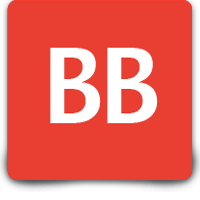





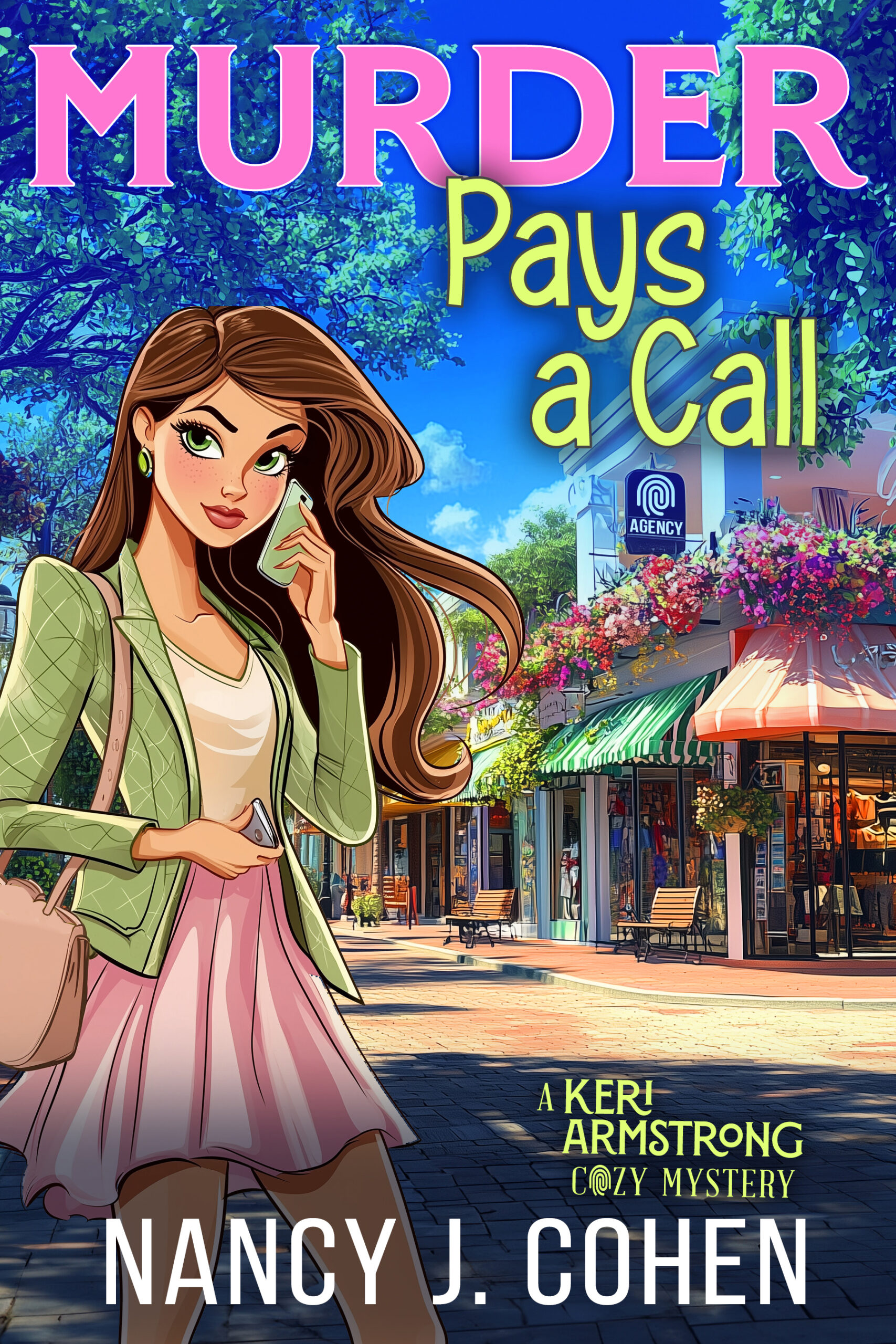








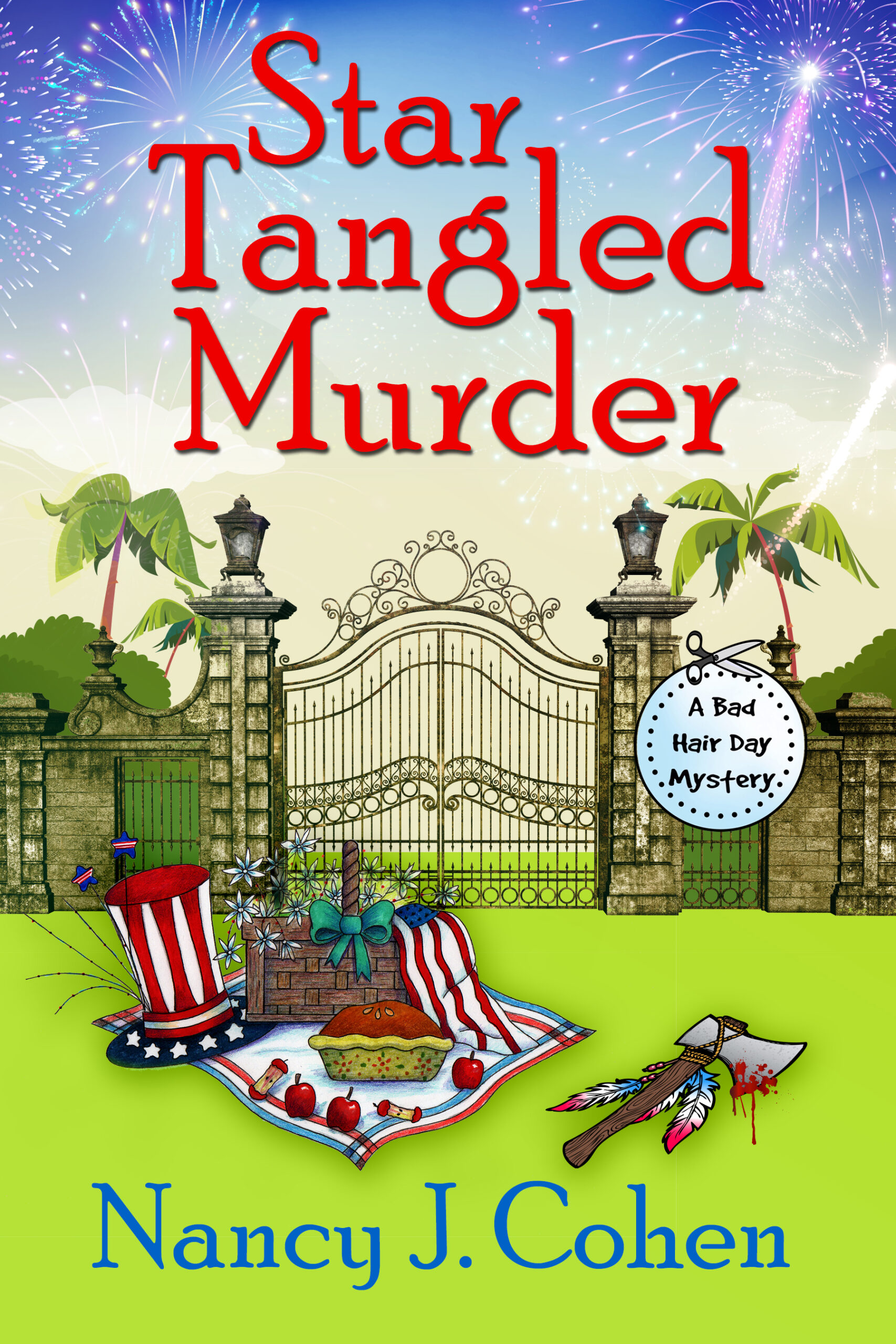
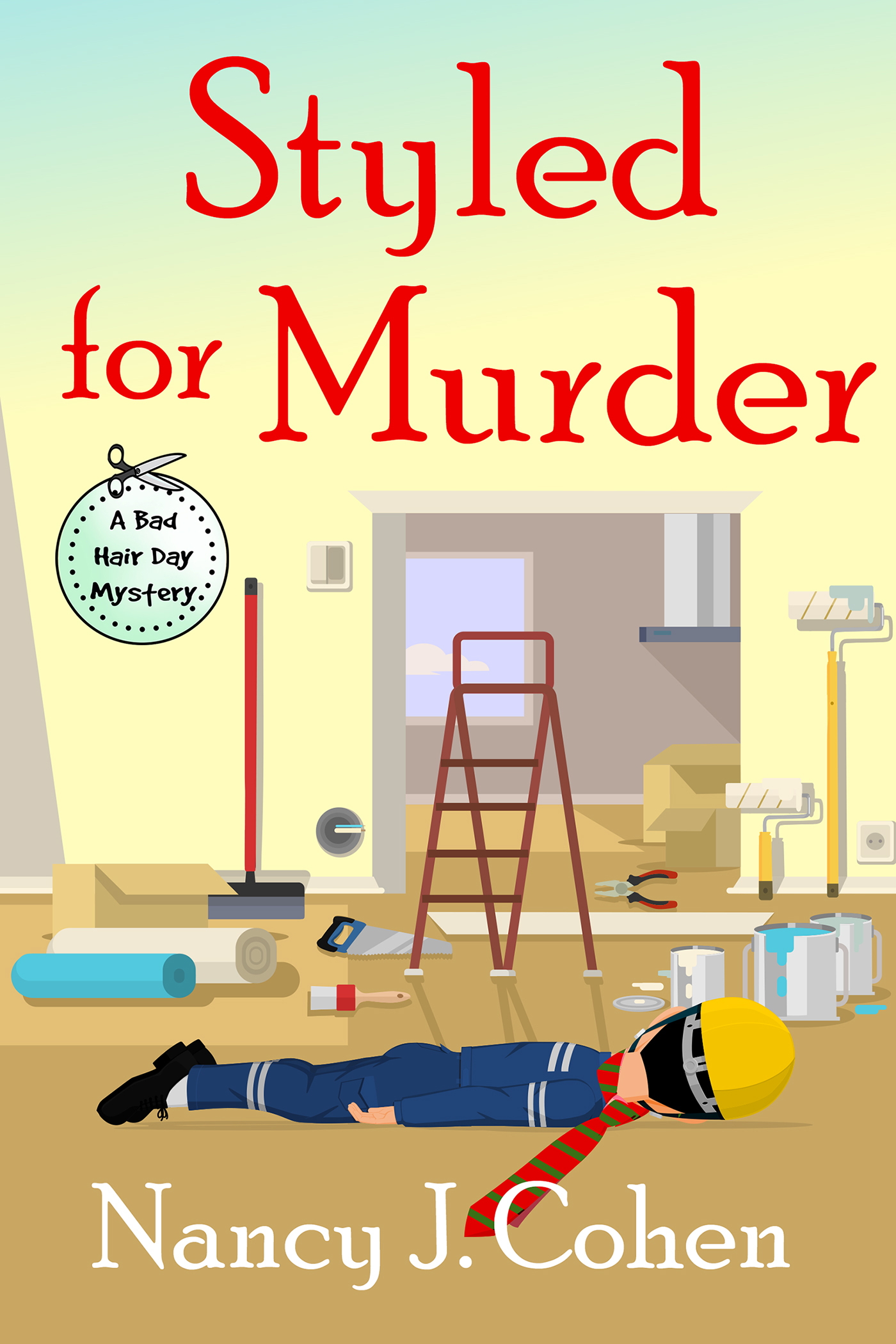
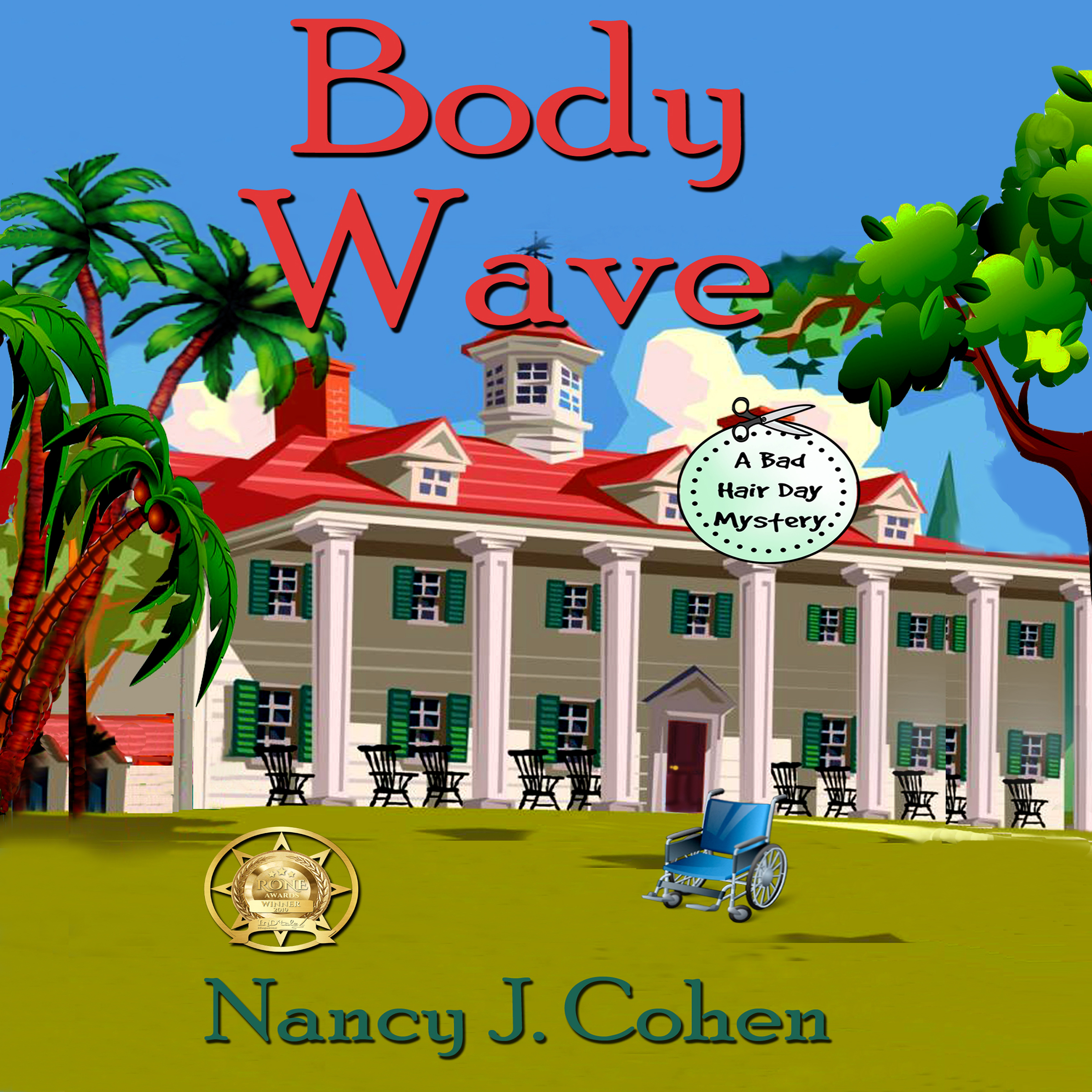


Nancy, thanks for the summation. Clearly I missed so much by not attending this year.
Doing these summaries is helping me absorb all the info. Lots of important issues were discussed at these panels.
My last publisher left a very sour taste in my mouth. I’m not sure I’d ever accept a publisher’s contract again.
Not all publishers are alike! But you now have many more options than in the past.
Nice summation. Reinforces how much traditional publishing is out of touch in a number of ways. Still not concerned about backlist– which I make my living off of now and built a seven figure business off of.
Truly, print is not that important– publishers overestimate that because they somehow believe they treat all their authors like their top authors. Just look at the mind numbing sameness in the airports and other outlets of the same big names. Much more limited distribution for midlist authors.
“Saturate” the market made me laugh. Still an old mindset.
A lot of my readers still want print, and Createspace can fulfill that up to a point. But also many of my readers get their books at the library and reaching this market is tough if not impossible for indie authors.
You’ve covered some major issues, Nancy. Bravo. The incentives for publishers to be less greedy (which is what it is–though I say it myself ehem ehem) are few and far between. Hybrid is the future (and it’s now).
Yes, many trad published authors are either turning to indie publishing or doing both at the same time.